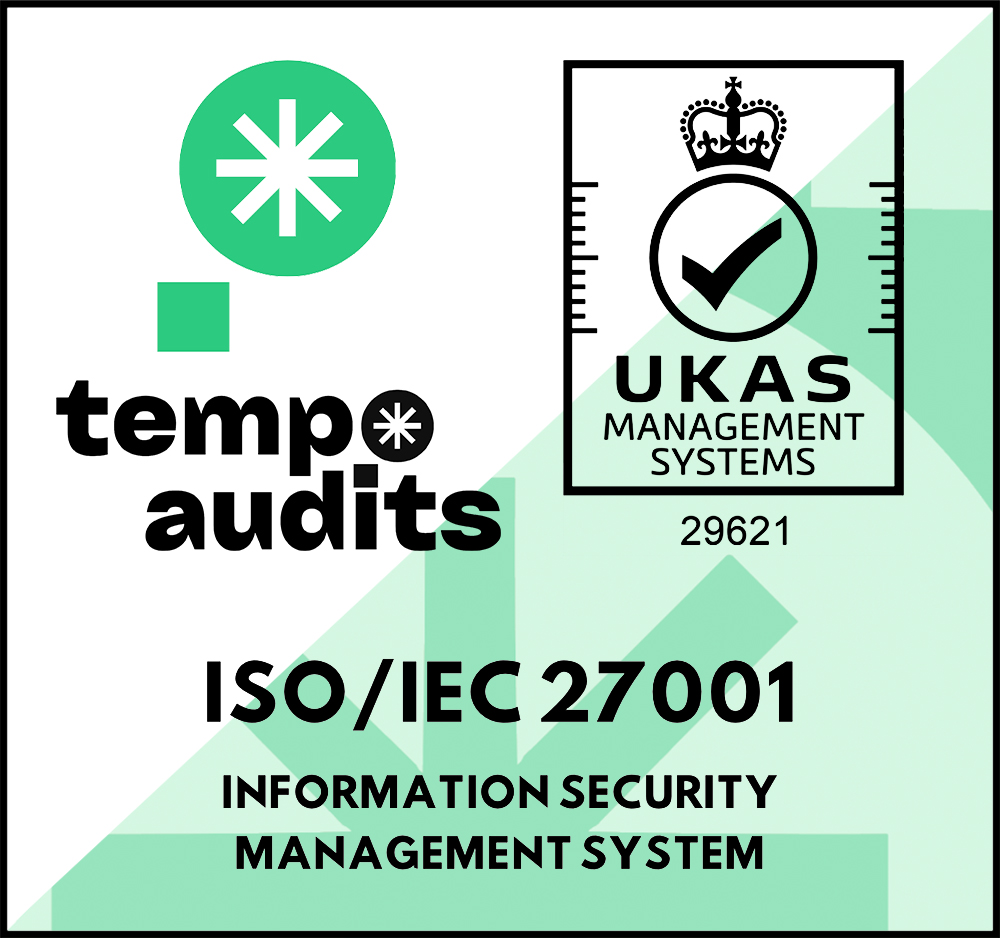Get Insights from Incident Reports
You can’t improve if you are not measuring your performance. But no worries, we got you covered. Our reports automatically track important KPIs, such as MTTA, MTTR, number of incidents and, of course, downtime. Strengthen these KPIs will boost your team’s incident response.
Improve Your Incident Response
By focusing on improvements in key areas, organizations can assess the efficiency of their incident management process and how well they are reducing downtime, cutting costs, and optimize overall efficiency. Here’s how All Quiet can help.
Weekly Engagement Report
See what happened last week. We’ll automatically share a list of last weeks
incidents per email,
enriched by important KPIs, such as MTTA and MTTR.
Of course, you can also analyse custom time periods in self-service
Reduce Mean Time To Resolution (MTTR)
The arguably most important KPI in incident management is the Mean Time To
Resolution (MTTR). Is
describes the average time it takes between incident creation and resolution.
Reducing this time is
crucial for your business.
Our alerting helps to minimize the time it takes your team to respond to incidents.
You can further improve your MTTR by making sure incidents include information like
runbooks for
on-call users, telling them how to fix issues step-by-step: This can easily be done,
using our
mapping feature.
Moreover, you will want to speed up you response by automatically forwarding
incidents to you team’s
collaboration and communication tools. Automation is key for speed, reducing time to
resolution and,
ultimately, downtime.
Improve and Resolve All Incidents
Hygiene is important. Therefore, we recommend you to always try to resolve all incidents. Open incidents can create confusion, and if they remain open because they are not important, they shouldn’t be incidents at all. Closing them promptly ensures proper priotization and keeps operations running smoothly. Our routing rules and workflow automations can help you to automatically clean up old incidents.
Ready to try it out yourself? Get started with our free 30-day trial and resolve incidents in lightspeed.
Master the whole Incident Management Cycle
🗓️ On-Call Management
Our flexible on-call management system adapts to your team’s needs. Create custom schedules, rotations and use automatic escalations to make sure the right persons are on-call at the right time.
🚨 Multi-Channel Alerting
We ensure your on-call team members will be notified. Select your notification preferences from SMS, Voice Call, Email and Push Notifications to our native Apps and outbound integrations, such as Slack.
🟢 Website Monitoring
Stellar incident management starts with great monitoring. Add our Website / API Monitor to your observability stack. Set up in just 2 minutes, it’s an easy yet rock-solid way of checking your application’s sanity. Monitoring is a complimentary feature of all our pricing plans.
🚦 Status Pages
Increase customer trust with Status Pages. We’ve created a simple and engaging way to keep customers informed during incidents and maintenances. Update your users in real-time, don't lose any time on the way to resolution.
💬 Incident Response
Engage within familiar surroundings to resolve issues most efficiently. Connect tools like Slack and Google Chat for alerting and communication, use project management tools like Linear and Jira for more complex issues and prepare post-mortems with Notion or Confluence.
💵 On-Call Compensation
Accurately track on-call hours of your team. We automatically log all on-call shifts, allowing you to effortlessly take care of fair compensation.
🔗 Select From 40+ Integrations
-
AWS Amazon CloudWatch
-
Datadog
-
Google Cloud Monitoring
-
Grafana
-
Jira
-
Linear
-
Microsoft Teams
-
Prometheus Alertmanager
-
Slack
Most popular integrations
Supporting the world's best tech teams
From emerging startups to established enterprises
Frequently Asked Questions (FAQ)
Published: Thursday, 23 October 2025
Last updated: Monday, 27 October 2025
What types of incident reports can I generate in All Quiet?
All Quiet’s reports analyze time to first response and resolution, and present detailed incident summaries for every team in your organization. We also offer an on-call report that informs you about the on-call times of each team member. Additionally, you can use our public API to build custom reports.
Can I export or share reports with stakeholders?
Yes. You can easily export reports to inform your stakeholders and executives or invite them to collaborate and view reports directly within All Quiet.
Does All Quiet track MTTA & MTTR or other incident metrics automatically?
Yes, All Quiet tracks Mean Time to Acknowledge (MTTA) and Mean Time to Resolve (MTTR) automatically for all incidents.
How do reports help improve future incident responses?
Reports provide actionable insights that help teams to learn from incidents and reduce future error rates and response times.
Product
Solutions

